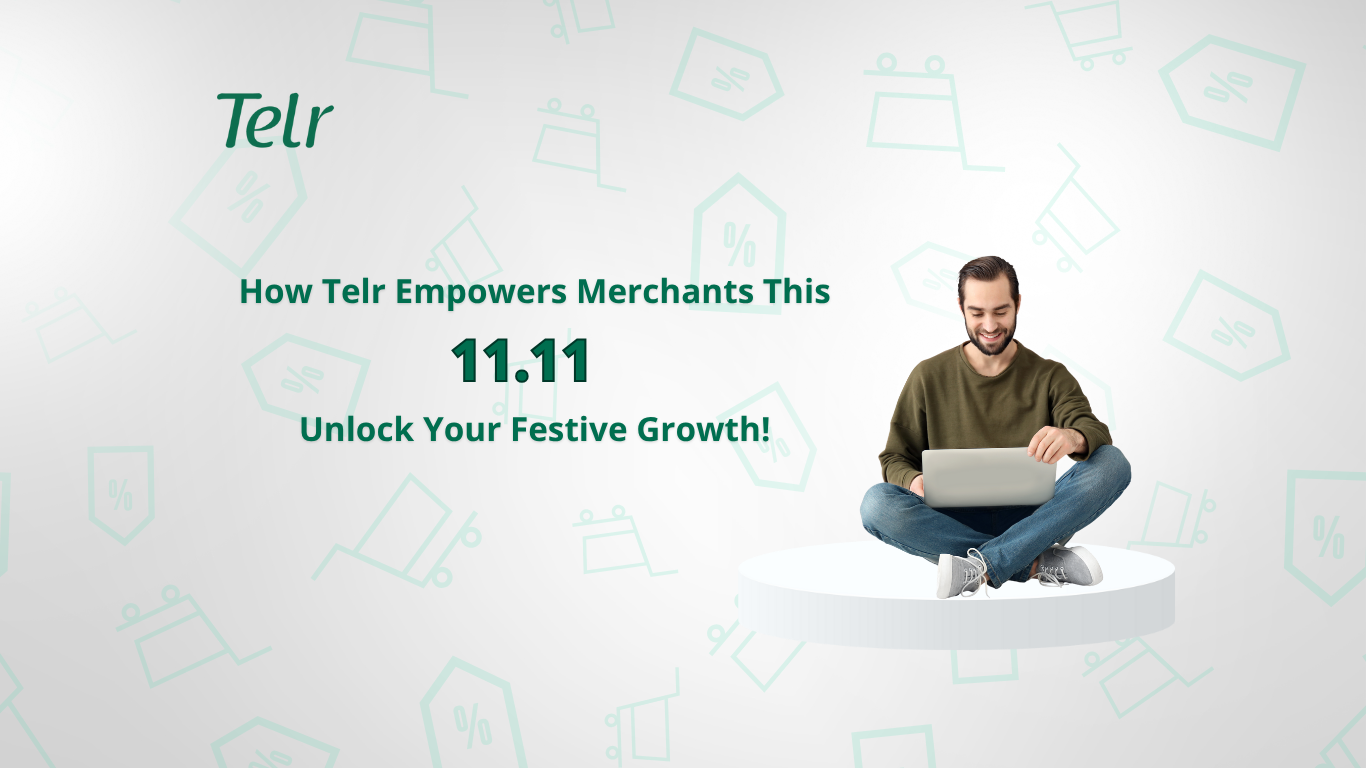
Despite being the backbone of the Indian economy, the Micro, Small & Medium Enterprises (MSME) sector remains largely offline, even as digitization spreads across the country. A joint study by KPMG and Google reveals that 68 percent of Indian MSMEs still operate entirely offline. Even those with digital infrastructure are not fully utilizing its benefits. The report highlights that only 2 percent of the over 51 million MSMEs in India are actively engaged in digital transactions, such as online buying and selling. This status quo needs to change to meet the ambitious goals of the Indian economy.
THE DIGITISATION BOOM
Embracing digitization unlocks vast opportunities for Indian MSMEs. By accepting electronic payments, these businesses can expand beyond their local markets and reach new geographies. Social selling has also surged, with nearly two million women homemakers generating USD 8-9 billion in sales via Facebook and WhatsApp, according to a Zinnova report shared with the Times of India.
Leading payment solutions now enable MSMEs to sell through platforms like Facebook, Twitter, Instagram, and WhatsApp. KPMG and Google reports show that MSMEs with a digital presence grow up to twice as fast as their offline counterparts. While offline businesses are limited by geographical boundaries, 51% of digitally-enabled enterprises have successfully reached other cities. Digital MSMEs also benefit from improved unit economics, scaling up more efficiently and employing up to five times more staff than offline businesses.
As one of the fastest-growing emerging economies, India aims to boost its GDP growth to 8% and create 50 million new jobs. Achieving this goal requires the MSME sector to adopt digital payments, reflecting their crucial role in driving growth and expansion.
NEED FOR ACCEPTING E-PAYMENTS POST DEMONETISATION
The decision on the part of the Government of India to ban the previous currency notes of Rs 500 and 1000 had a huge impact on the MSMEs, especially the ones that had remained completely offline until then.
While the availability of hard cash and hence, business funds dried up post the announcement, the micro, small and medium level enterprises were left with no other option but to start accepting electronic transfers and payments via cheques.
The study conducted by Cirsil around the same time of demonetization revealed that up to 41 percent of MSMEs reported a shift to electronic or cheque payments by their set of clients.
In hindsight, despite rocking the Indian economy, demonetization did drive the unbanked Indian MSMEs to knock at the doors of the banks.
In addition, while previously access to e-payments processing and other digital services were limited to medium-sized enterprises, post the demonetization even small and micro level enterprises had to make the shift.
While demonetization was a strong impetus for the MSME sector to accept e-payments, the same is going to contribute towards fast-paced growth of these enterprises by providing easier record keeping, expanding the market to other geographies and quickly processing payments.
ACCEPTING E-PAYMENTS IS A NECESSITY
When it comes to accessing the market potential or opening newer vistas for growing and expanding the business, accepting e-payments and venturing into digitization are paramount for the Indian MSMEs. As testified by the demonetization drive, the wave of digitization is here to stay in India. Along with the demonetization, we are also witnessing the increasing affordability of smartphones and nationwide improvements in the digital infrastructure. Owing to such institutionalized changes, India is going to have up to 465 million internet users.
Furthermore, the budgetary changes announced in the Union Budget 2017 are going to further ensure that the wave of digitization now reaches to the last mile of rural landscapes. In order to support the digital initiative, the government has dedicated funds worth 10,000 crores to the Bharat Net Project. The same is going to ensure WiFi hotspots in over 150,000 Gram Panchayats.
SUPPORT FOR MSMES
While it can be overwhelming for the micro, small and medium sized Indian enterprises to transition online, they can access a number of solutions to automate and expedite the same process.
A number of payments solution providers not only assist MSMEs with accepting online payments, but also contribute with easier on-boarding, building up web-stores and ensuring optimum levels of cyber-security for the transactions to take place in a secured environment.
Whether it is social selling or accepting cross-border of offshore payments, payment solution providers possess the right wherewithal required by MSMEs to go digital today.
Recent Posts

10 Secrets Top Merchants Use to Win Ramadan & Eid from Telr

.png)


.png)
.png)








